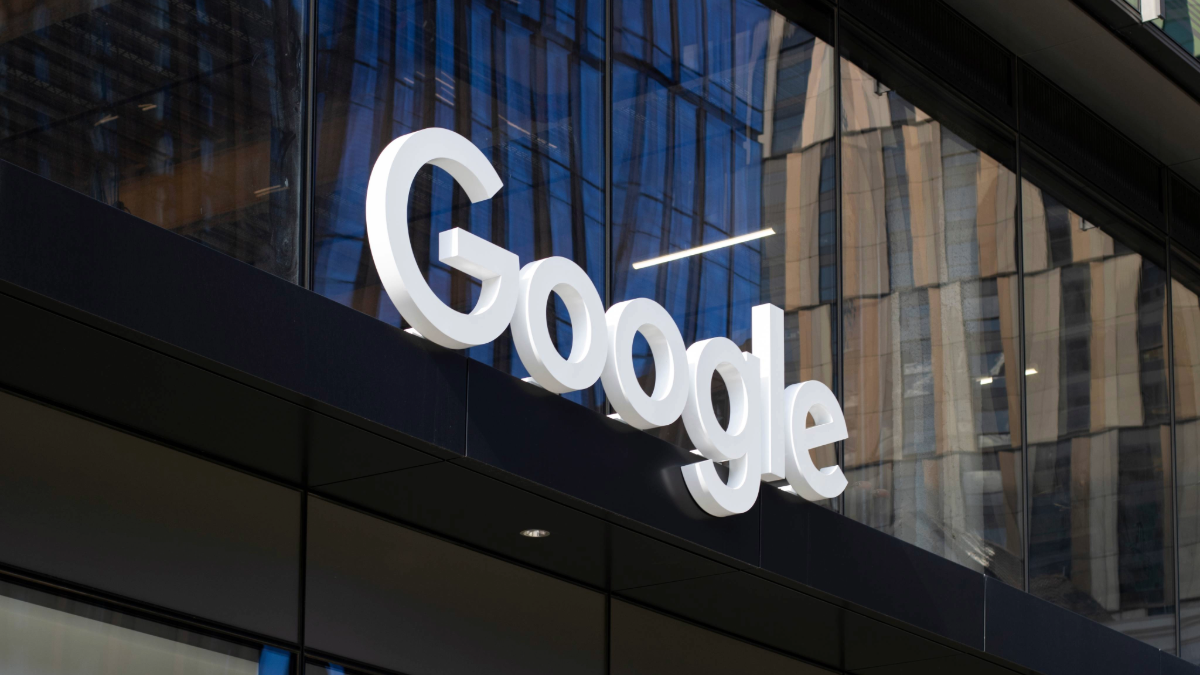We Need to Talk About Data Monopolies
Jonathan Joseph / Nov 27, 2024Google is synonymous with online advertising. In Q1 2024, Google netted almost $62 billion in ad revenues, up 13% from a year earlier; by 2026, the company will own over 70% of the search ad space, generating ten times more than Microsoft from search advertising.
That is precisely why the United States Department of Justice (DOJ) is eager to cut Google’s ad business down to size.
The DOJ argues that the tech giant’s dominance has gotten way out of hand, with executives boasting of their ability to “crush” rival networks. Even a Google exec, prosecutors say, questioned whether Google’s extraordinary market power was lawful. “The analogy would be if Goldman or Citibank owned the NYSE,” the executive fretted in an internal email that surfaced during the recent trial in the federal court for the Eastern District of Virginia.
The court will decide whether Google’s digital dominance constitutes a monopoly. But it’s worth asking how Google went from “Don’t be evil” to running the world’s biggest data-driven ad business—not least because, in the AI era, the company is only growing hungrier for our data. In fact, Google’s alleged ad monopoly might only be the beginning.
Don’t be evil?
It’s easy to forget now, but in the beginning, Google wasn’t in the business of selling its users’ data. Sometime around 1999, though, two roads diverged in a wood—and Google took the one that led to targeted advertising.
Back then, the company’s privacy policy pledged that Google would only share information pertaining to users “in aggregate, not as individuals.” It wasn’t long, though, before Google’s execs realized how much treasure they were leaving on the table. Within months, the privacy policy had been rewritten to allow individual data harvesting—and the rest, as they say, is history.
By 2004, Google was quietly updating its privacy policy to allow data sharing across its products and services, building ever-more-detailed profiles of its users to power its growing ad business. In 2012, Google went further, granting itself sweeping rights to any data or content entered into a Google service—from search queries to video chats—with presumed consent from the moment the data was uploaded.
Along the way, Google has occasionally moderated its data collection, usually in response to regulatory pressure. In 2018, the arrival of the GDPR forced Google to clarify users’ rights to data deletion. The same year, Google named privacy lawyer Keith Enright as its Chief Privacy Officer, tasked both with shaping federal privacy regulations, and ensuring Google took proper precautions in handling user data.
With hindsight, though, those efforts were weak sauce. The rise of AI has seen Google—like many other companies—put privacy on the backburner in order to maximize data collection. In 2023, Google once more updated its privacy policies, allowing vast amounts of user data to be fed into its AI models. This summer, Enright stepped down as Chief Privacy Officer. Google says it has no intention of replacing him, with privacy roles being scattered across different product teams.
AI & privacy on a collision course
Google’s rush to build its AI capabilities springs from the simple fact that its ad business depends on its real monopoly—the search business. Google might be synonymous with online ads, but it got that way because it’s also synonymous with search. Now, though, AI threatens to replace search, posing a big threat to Google’s business model—and lending urgency to the company’s efforts to build bigger and better AI models of its own.
So Google rewires privacy in a bid to win the AI arms race. And they are not alone. According to the Wall Street Journal, seven out of 10 companies have woven AI governance into their Chief Privacy Officers’ responsibilities, while 80% of privacy teams are working on AI functions. That’s part of a broader trend that’s seeing privacy oversight handled by product teams—a shift companies say will ensure proper governance is baked into new AI products.
The challenge, though, is that this approach puts privacy governance on a collision course with AI innovation. As Google’s journey shows, in the tech industry, the arc of history bends towards maximal data collection. Google’s alleged ad monopoly was enabled by data; now, the company is drawing on the same playbook to dominate the AI space. After all, even more than advertising, AI is powered by data. With tech giants spending $53 billion per quarter on AI, companies like Google will inevitably pour resources into securing the data—and the sources of data—upon which their AI innovations rely.
In other words, we're heading toward a world in which tech giants like Google strive to establish themselves as data monopolies. That doesn’t just mean companies that own lots of data; it means companies that have de facto control over where data is generated and collected, what’s public vs. private data, and how it flows into the data economy.
Why data monopolies matter
The rise of data monopolies should be troubling for all of us. Downstream AI innovators, of course, will struggle if companies like Google can effectively veto their technologies by refusing to provide the data they need. More broadly, though, data monopolies threaten to undermine much of the hesitant progress we’ve made toward building a responsible data ecosystem.
The DOJ may already have recognized this. Tackling Google’s advertising monopoly is really just treating the symptoms of a bigger problem. What really matters is who owns and controls the data—because it’s the data that will determine who wins and who loses across a wide range of sectors, from advertising to AI and beyond.
The reality is that Google—and Facebook, Apple, and other tech giants—are already working to build data monopolies and to corner the means of production when it comes to generating, controlling, and trading data. Regulators, consumers, and anyone who’s invested in the evolution of the AI economy should pay close attention. A new battle for control of our data is brewing, and the stakes couldn’t be higher.
Related reading
Authors

